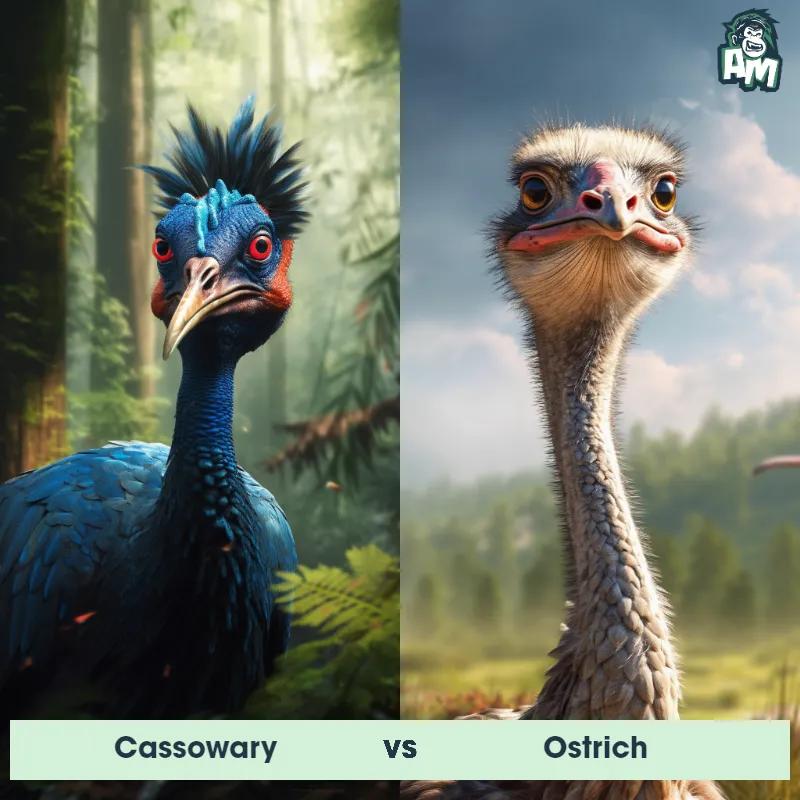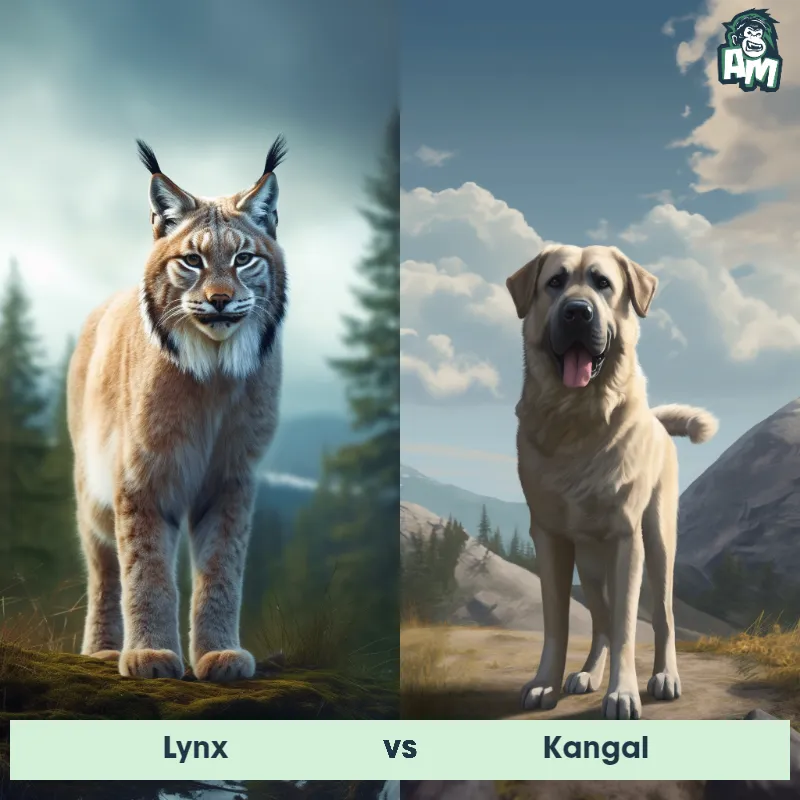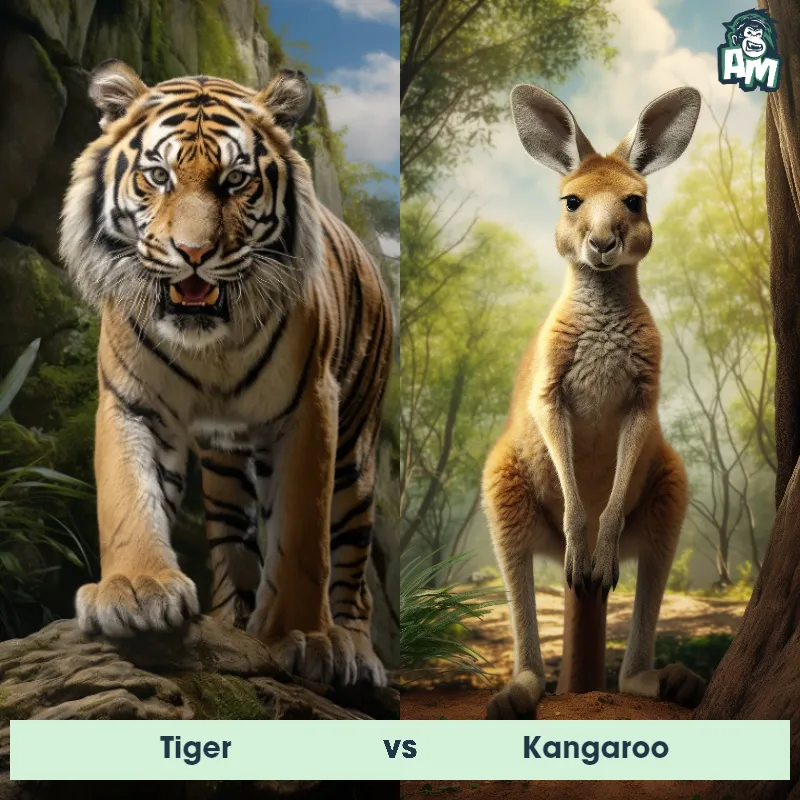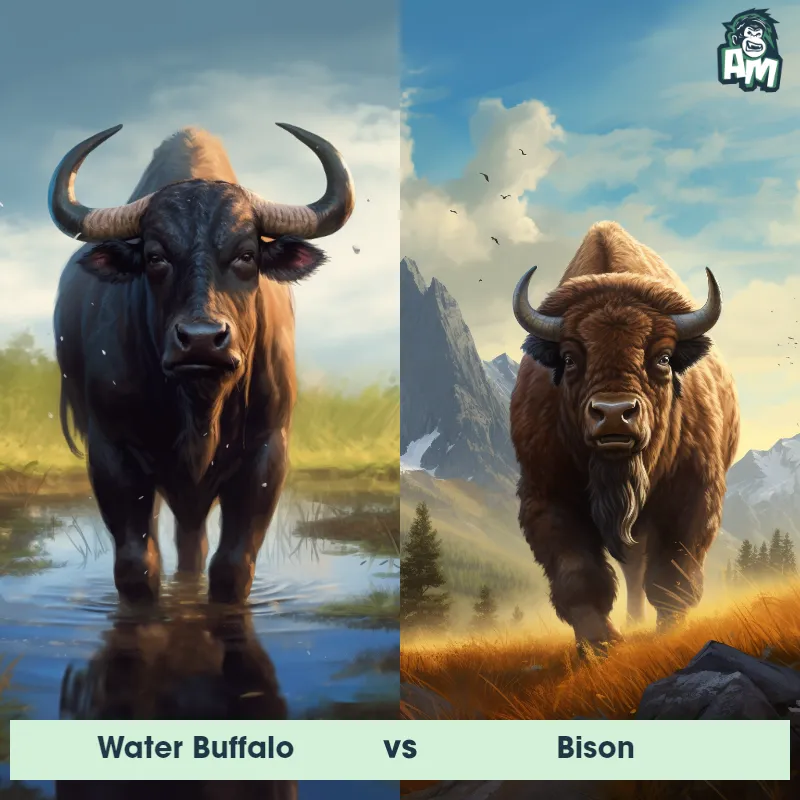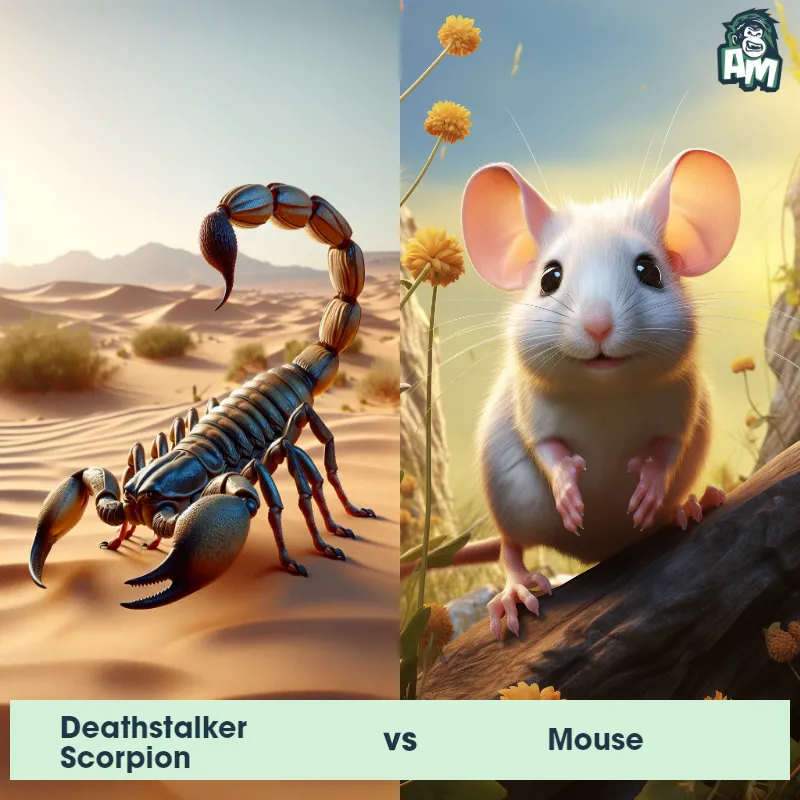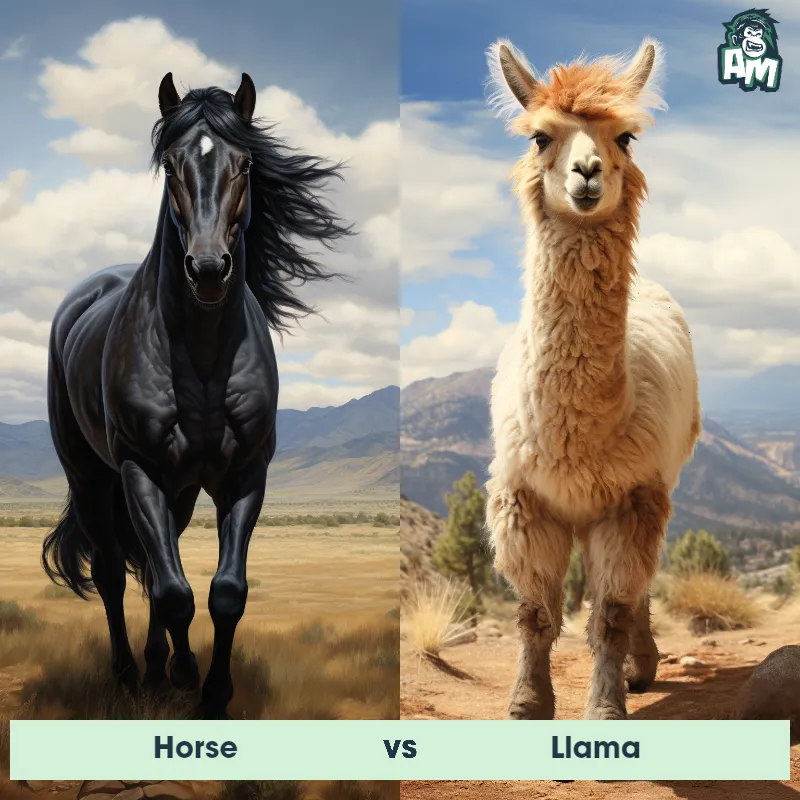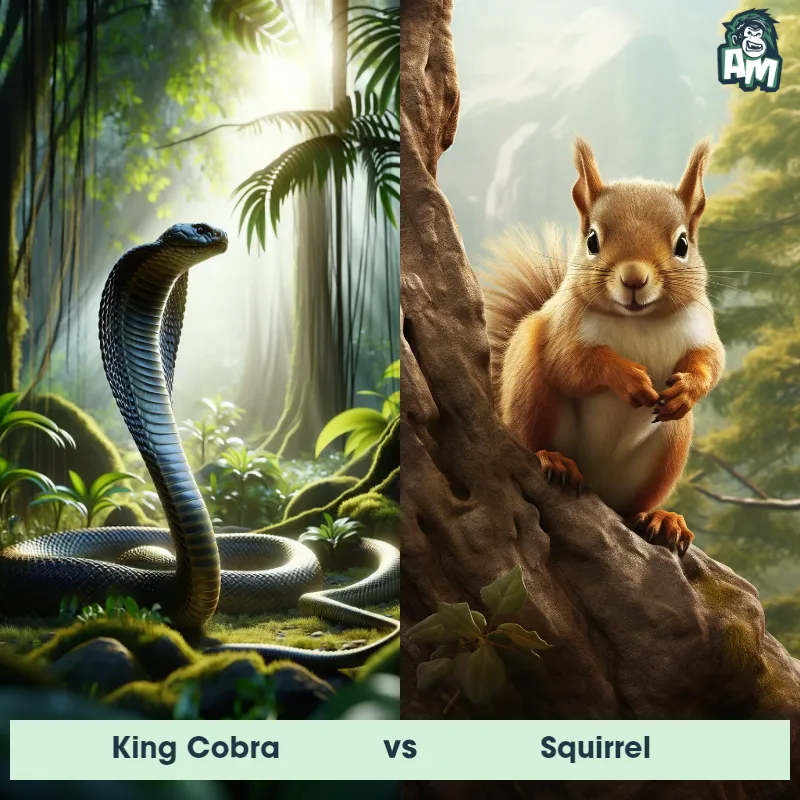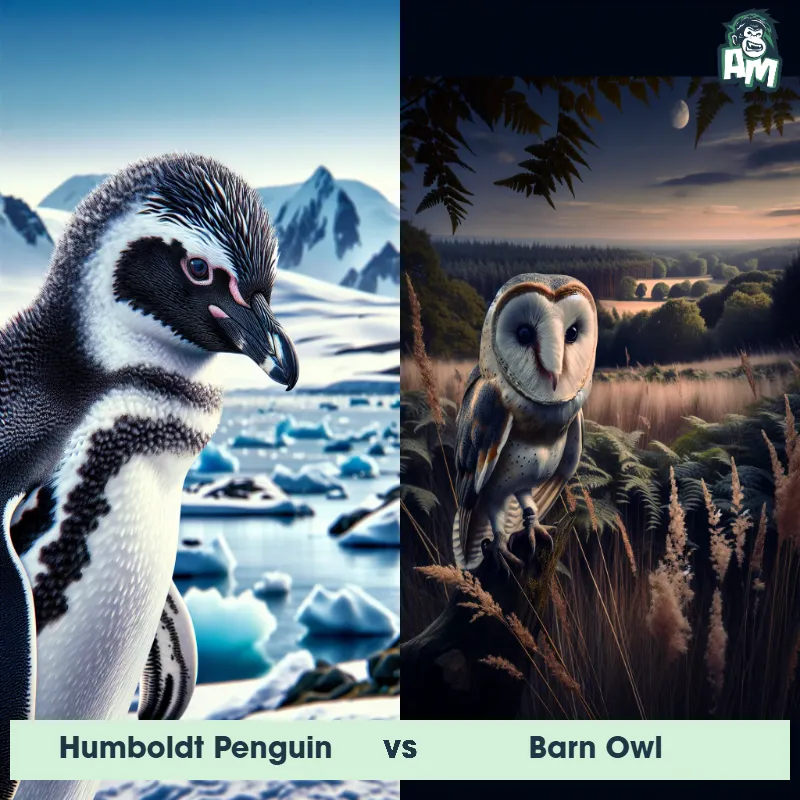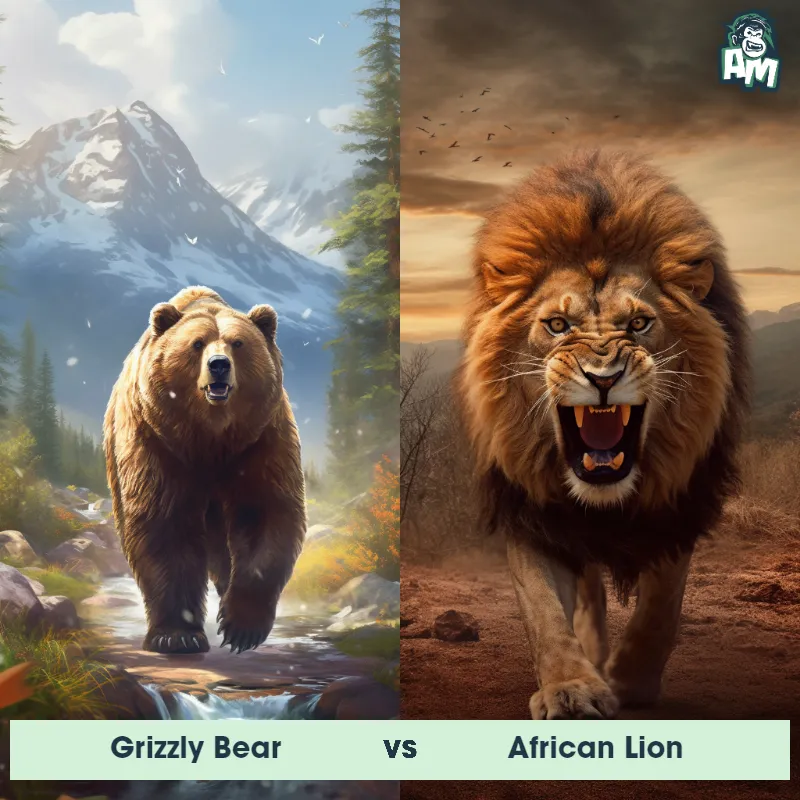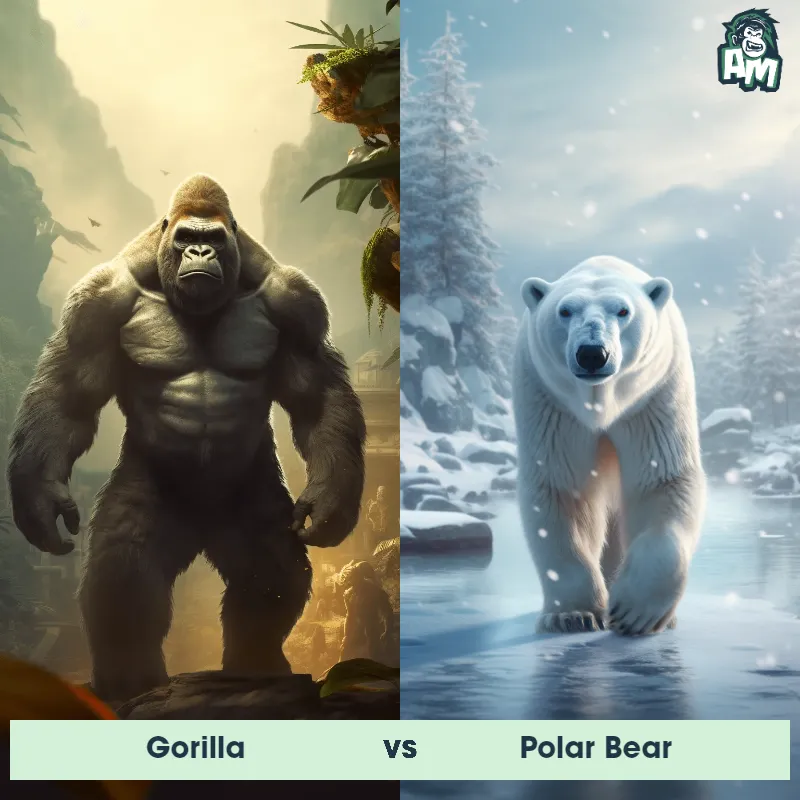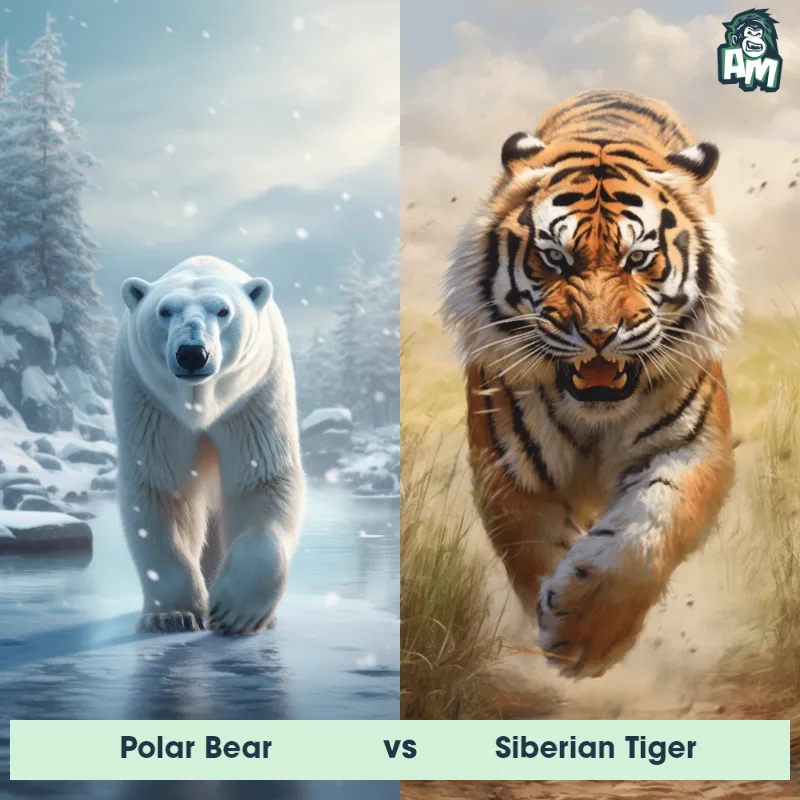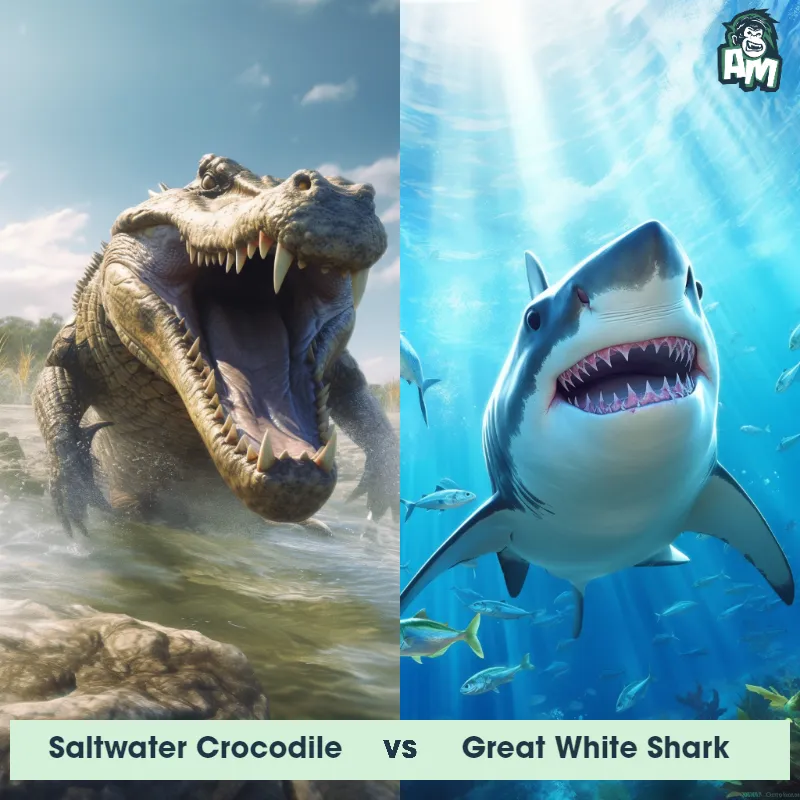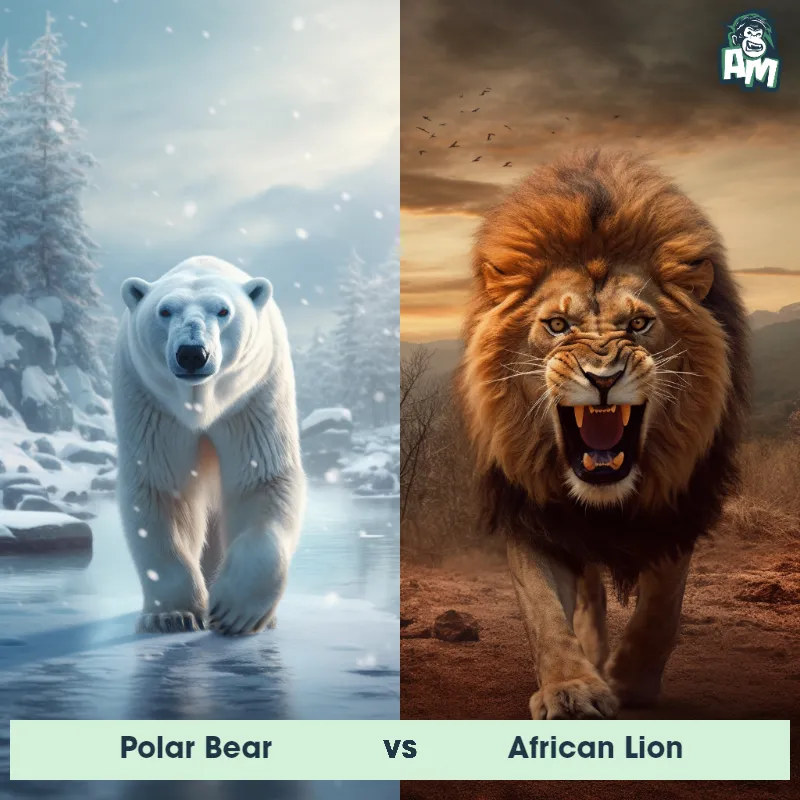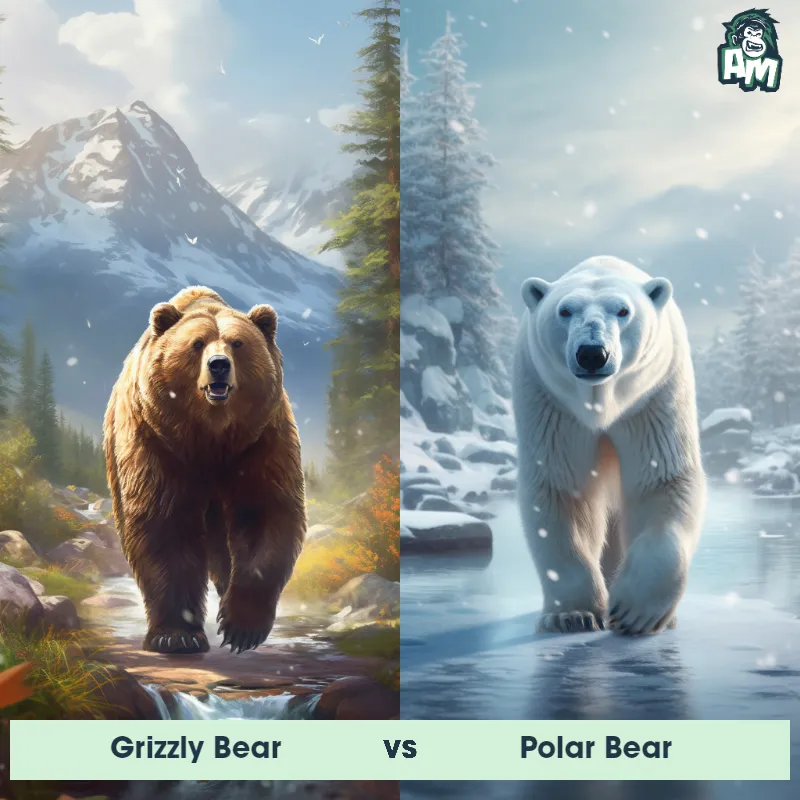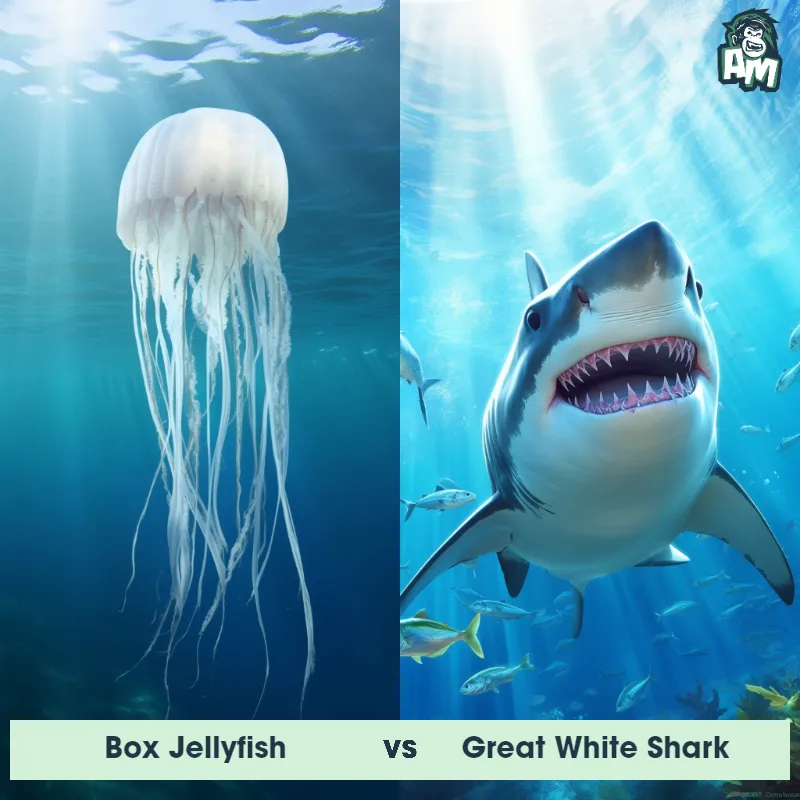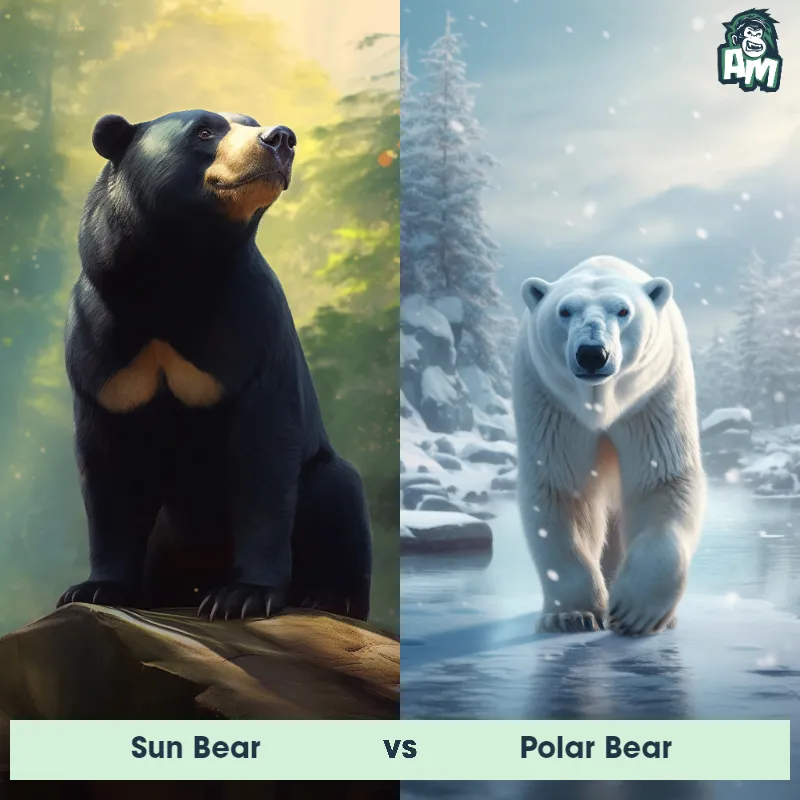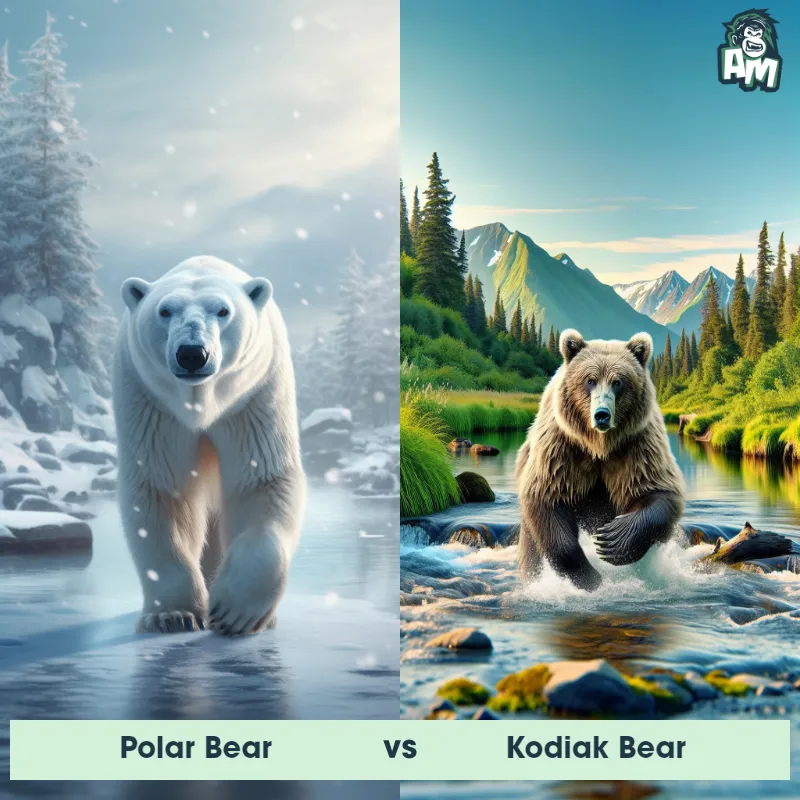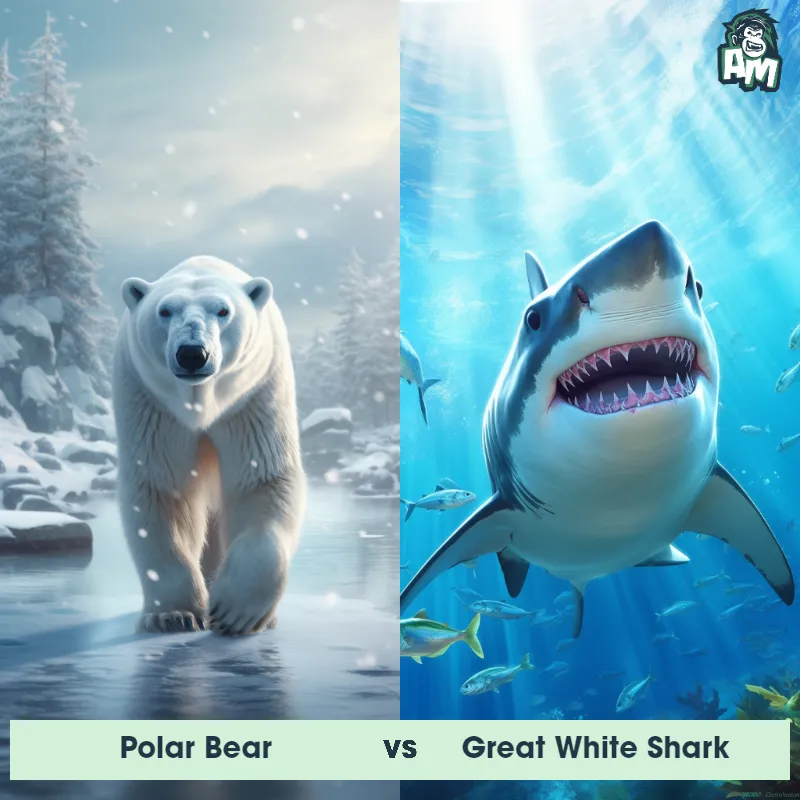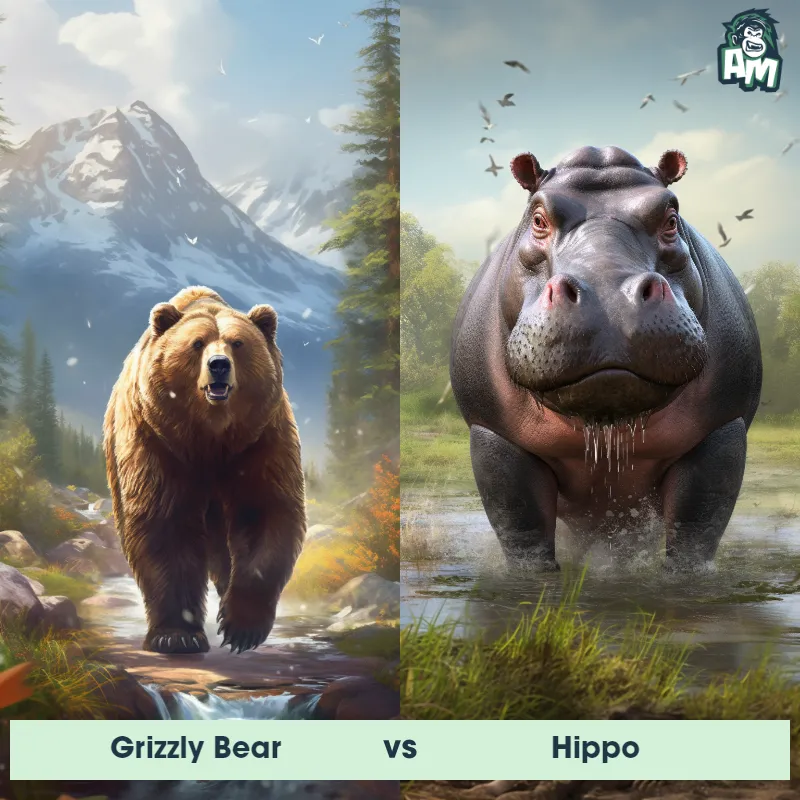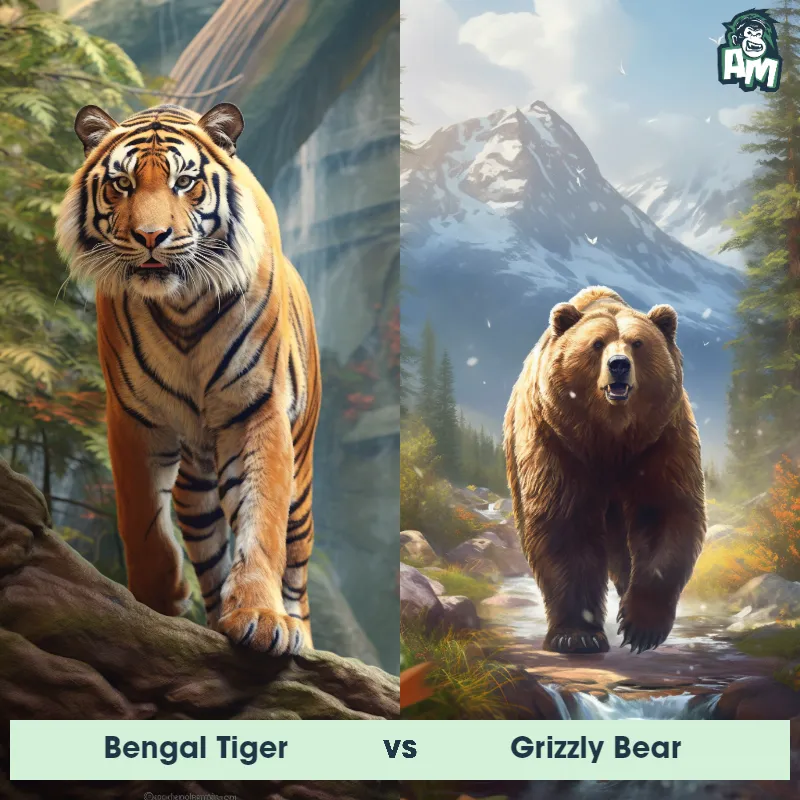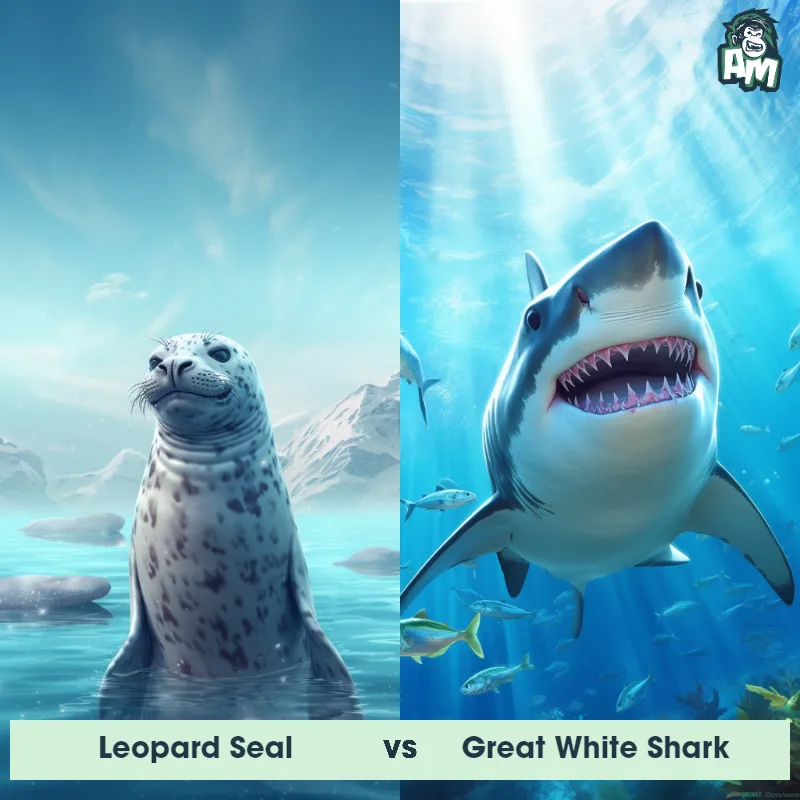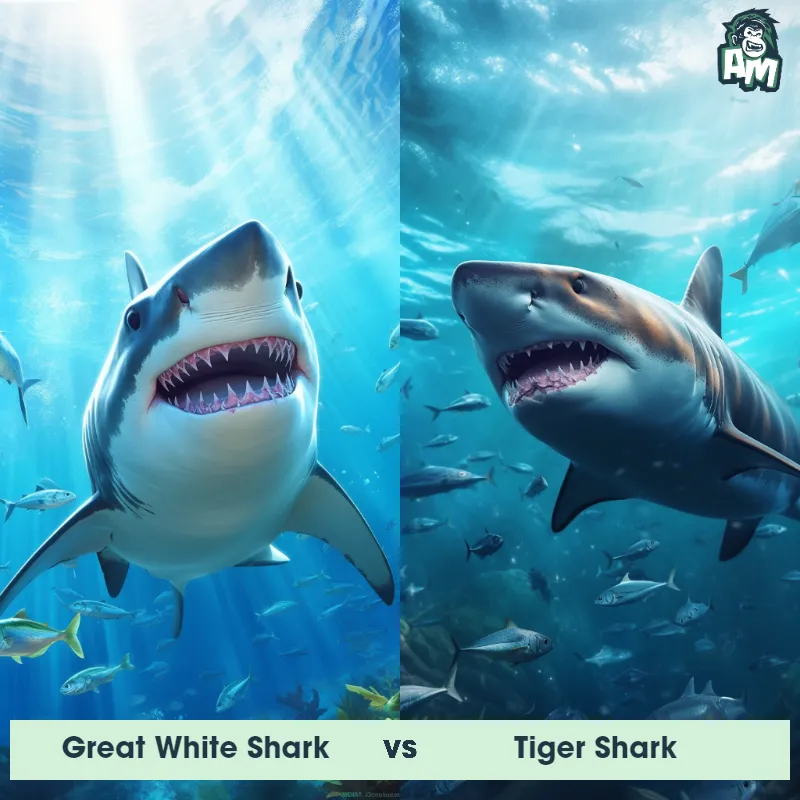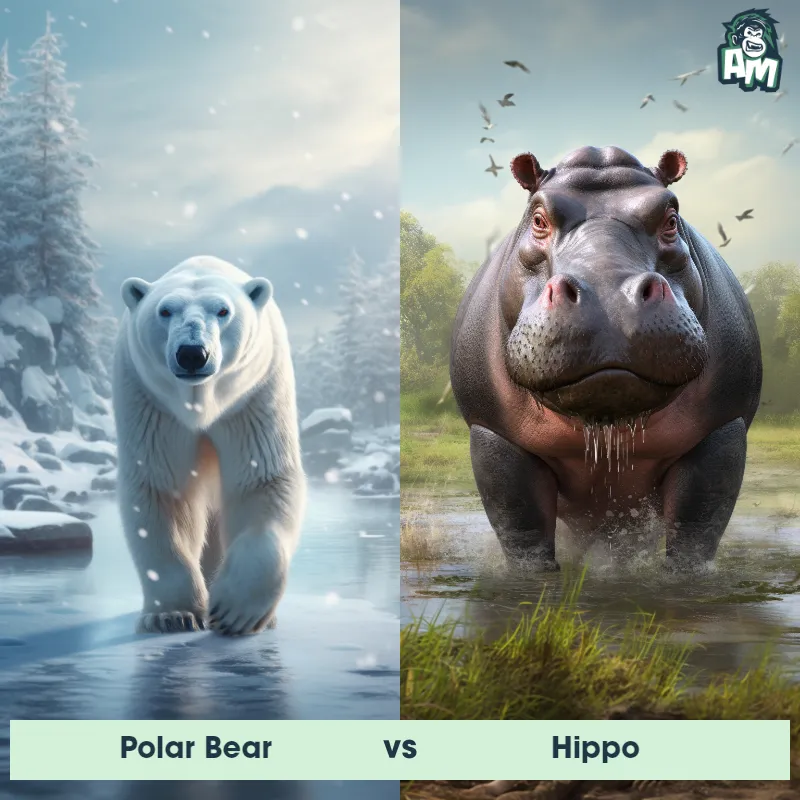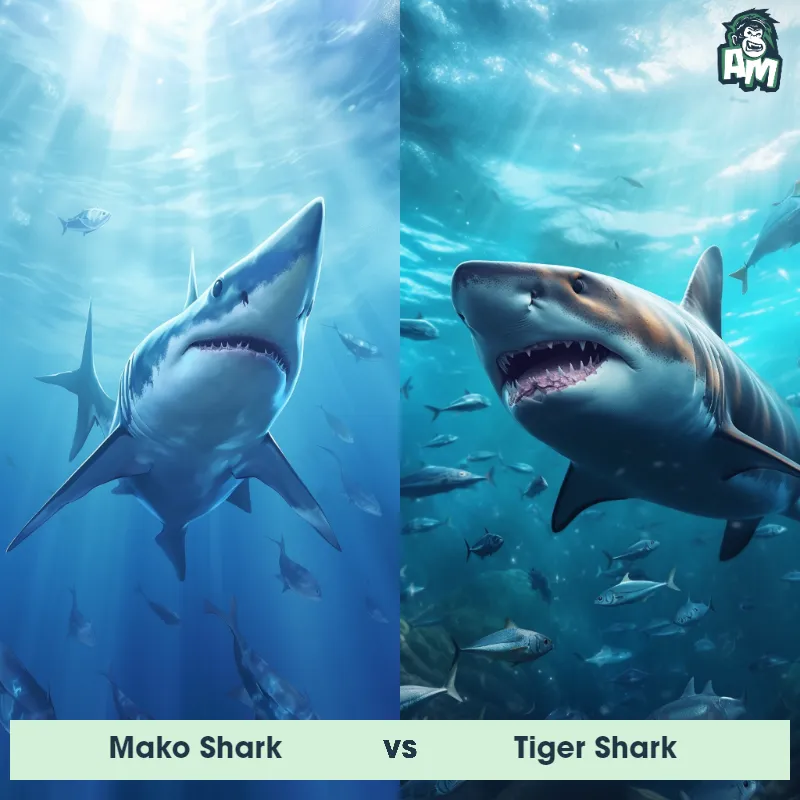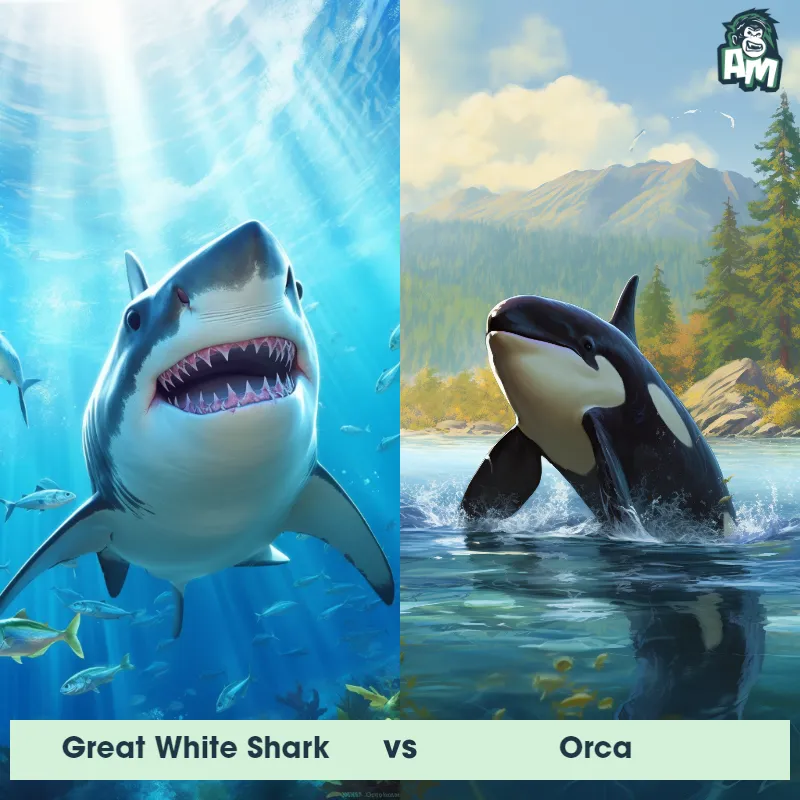Grizzly Bear vs Great White SharkSee Who Wins
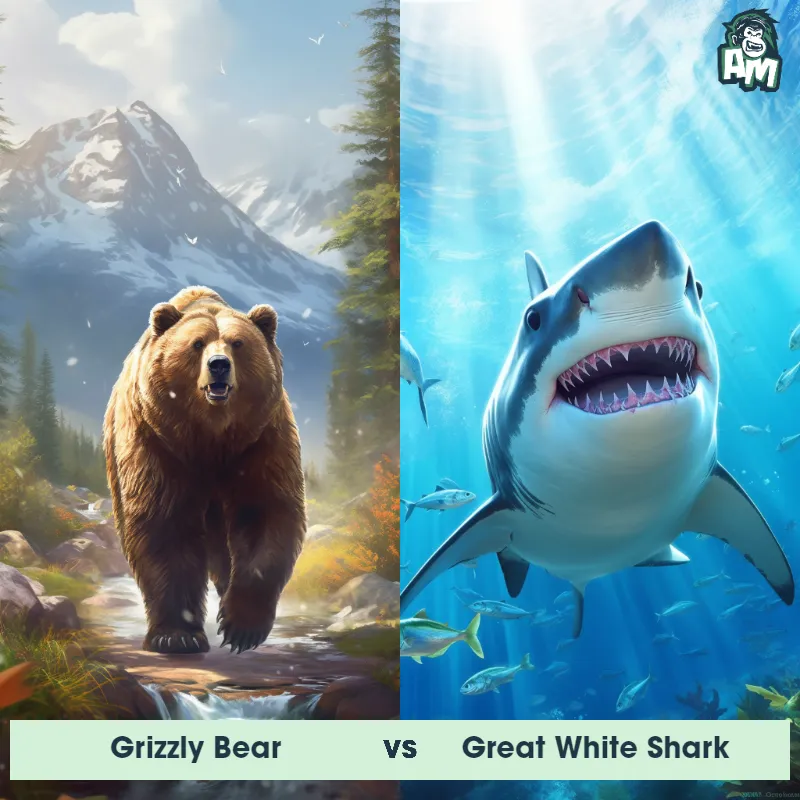
Ladies and gentlemen, brace yourselves for a clash of titans! On one side, the apex predator of the forests, the Grizzly Bear, and on the other, the ruler of the deep, the Great White Shark. Two unparalleled forces of nature, now ready to prove their dominance in this unique face-off.
Contender 1: Grizzly Bear
The Grizzly Bear, also known as the North American Brown Bear, is a large mammal that can weigh up to 600 pounds and stand up to 8 feet tall on its hind legs. They have distinctive humps on their shoulders, long claws, and a concave facial profile. Grizzly Bears are omnivores and can be found in North America, primarily in Alaska and western Canada.
![[object Object] Gif](https://tenor.com/view/fighting-match-quarrel-brawl-battle-gif-15965644.gif)
Fun Fact: Grizzly Bears have an incredible sense of smell and can detect food from miles away, making them excellent hunters and scavengers.
Contender 2: Great White Shark
The Great White Shark, also known as the white pointer or white death, is a large predatory fish that can grow up to 20 feet in length and weigh over 5,000 pounds. They have a distinctive torpedo-shaped body, grayish-brown skin, and rows of sharp teeth that can number up to 300. Great White Sharks are found in coastal waters all over the world and are known for their powerful jaws and ability to breach the surface of the water.
Fun Fact: Great White Sharks have a unique sense of smell that allows them to detect a single drop of blood in 25 gallons of water, which is equivalent to the size of an Olympic swimming pool.
Matchup Stats
| Grizzly Bear | Great White Shark | |
|---|---|---|
| Size | Up to 8 feet tall (2.4 meters) | Up to 20 feet (6.1 meters) |
| Weight | Up to 600 pounds (272 kilograms) | Over 5,000 pounds (2,268 kilograms) |
| Speed | Speed: 30 mph (48.28 km/hr) | Speed: 25 mph (40 km/hr) |
| Key Strength | Powerful jaws and sharp claws | Powerful jaws and sharp teeth |
| Biggest Weakness | Slow movement and vulnerability to attacks from behind | Vulnerable gills and eyes |
Current Votes
Grizzly Bear vs Great White Shark
See Who Wins
View More Matches
Looking For More?
Similar Matches
Scientific Stats
| Grizzly Bear | Great White Shark | |
|---|---|---|
| Scientific Name | Ursus arctos horribilis | Carcharodon carcharias |
| Family | Ursidae | Lamnidae |
| Habitat | Forests, meadows, and mountains | Coastal waters |
| Geography | North America, primarily in Alaska and western Canada | Worldwide |
| Diet | Omnivorous, eats berries, roots, fish, small mammals, and carrion | Carnivorous, primarily seals and sea lions |
| Lifespan | 20 years - 25 years | 70 years - 100 years |
Key Differences between Grizzly Bear and Great White Shark
- Skin texture: Grizzly Bears have fur-covered skin with varying shades of brown, ranging from light to dark, while Great White Sharks have rough and leathery skin covered in tiny tooth-like scales called dermal denticles.
- Teeth structure: Grizzly Bears have large, sharp teeth adapted for tearing and crushing, with prominent canines and molars, while Great White Sharks have rows of serrated, triangular-shaped teeth designed for gripping and tearing prey.
- Head shape: Grizzly Bears have a large, rounded head with a prominent snout and small, rounded ears, while Great White Sharks have a conical-shaped head with a pointed snout and large, triangular-shaped pectoral fins.
- Size: Great White Sharks are generally much larger than Grizzly Bears. Adult male Grizzly Bears usually top out around 600-800 lbs, and stand about 8 feet tall, while adult Great White Sharks can reach lengths of up to 20 feet and typically weigh 1500-4000 lbs.
- Body shape: Grizzly Bears have a robust and stocky body shape with a hump on their shoulders, while Great White Sharks have a streamlined and torpedo-shaped body with a slender tail.
- Appendages: Grizzly Bears have four limbs, including large, powerful front paws equipped with sharp claws, while Great White Sharks have pectoral fins and pelvic fins, along with a dorsal fin and a caudal fin (tail).



